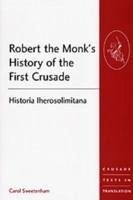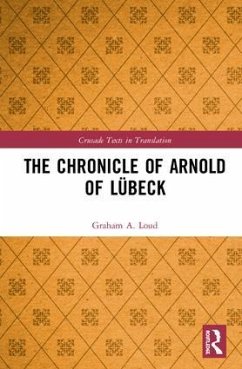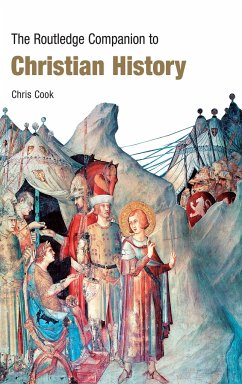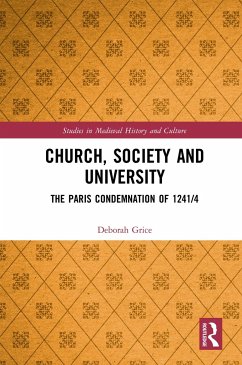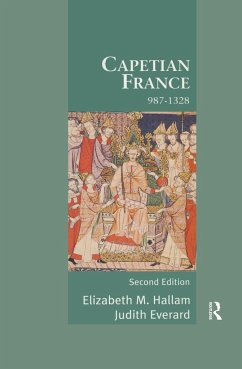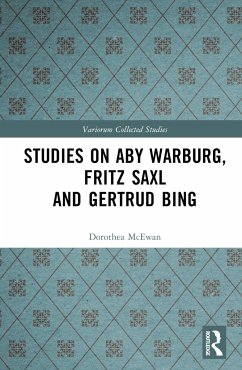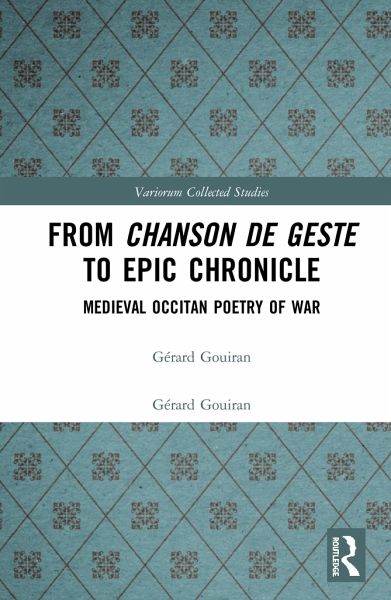
From Chanson de Geste to Epic Chronicle
Medieval Occitan Poetry of War
Herausgeber: Paterson, Linda
Versandkostenfrei!
Versandfertig in 1-2 Wochen
167,99 €
inkl. MwSt.
Weitere Ausgaben:

PAYBACK Punkte
84 °P sammeln!
In this collection of essays Gérard Gouiran, one of the world's leading and much-loved scholars of medieval Occitan literature, examines this literature from a primarily historical perspective. The book will be of interest to all those curious about this hitherto little-known subject.





